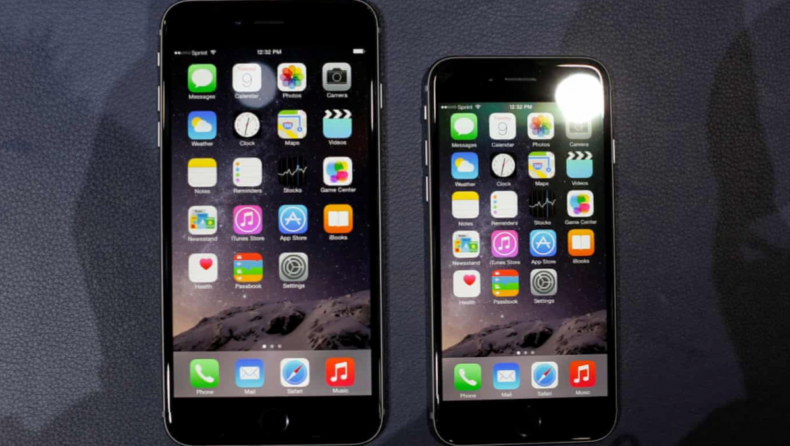Following the filing of a legal claim accusing Apple of secretly slowing the performance of older phones, millions of iPhone users may be eligible for payouts.
According to Justin Gutmann, the company misled users about an upgrade that was supposed to improve performance but actually slowed phones down.
He is suing for up to £768 million in damages on behalf of up to 25 million UK iPhone users. Apple claims that it has “never” intentionally reduced the lifespan of its products.
The claim, filed with the Competition Appeal Tribunal mentions that Apple slowed the performance of older iPhones, a process known as “throttling”, to avoid costly recalls or repairs.
It refers to the introduction of a power management tool in a software update for iPhone users in January 2017 to combat performance issues and prevent older devices from shutting down unexpectedly.
Mr Gutmann, a consumer advocate, claims that the tool’s information would not be included in software upgrade download description at the period, and that the company failed to clarify that it would slow down devices.
He also said that Apple created this tool to cover up the fact that iPhone batteries may just have started struggling to run the latest iOS software, and that instead of recalling products or offering replacement batteries, the company decided to push users to download software updates.
“Rather than doing the admirable and lawful thing by their consumers and providing a free replacement, repair service, or reimbursement, Apple alternatively misled people by hiding a tool in software updates that slowed their devices by up to 58 percent”, Mr Gutmann commented.
The claim applies to the iPhone 6, 6 Plus, 6S, 6S Plus, SE, 7, 7 Plus, 8, 8 Plus, and iPhone X models. Customers will not have to actively join the case to seek damages because it is an opt-out claim.
“We have never, and would never, do anything to intentionally shorten the life of any Apple product, or degrade the user experience to drive customer upgrades,” Apple said in a statement.
Our primary objective has always been to make products that our consumers enjoy, and making iPhones last as long as possible is a big part of that.” said by Apple in a statement.
Apple has been troubled by “batterygate” for some time, despite insisting that its intentions were pure.
In 2018, its CEO, Tim Cook, took the unusual step of apologising to “anyone who thinks we had any other kind of motivation.”
Video Critics claim that the update pushed people to buy newer devices because their older phones slowed dramatically when performing fairly standard functions like Facetime after a software update.
Apple claims the opposite is true: it was attempting to increase their lifespan. Later, the tech behemoth offered discounted replacement batteries for iPhone 6 and later models.
There are two larger problems here:
The first is how quickly gadgets in general become outdated as they become unable to handle the most recent and advanced software updates that power them. The tech companies claim that these updates are necessary to keep devices secure and functioning properly, but they quickly surpass older hardware, such as slower processors and older batteries with less power.
The second point is that as batteries age, they require more frequent charging. The more powerful a portable device becomes, the more power-hungry it becomes. A lithium-ion battery has a standard life of 500 charge cycles.
Read More: Asianatimes.com













